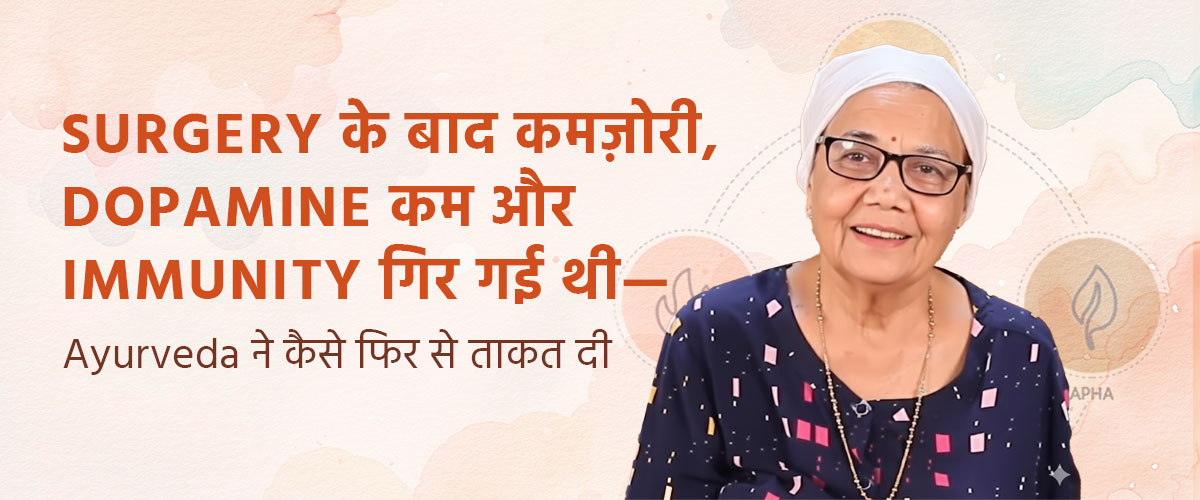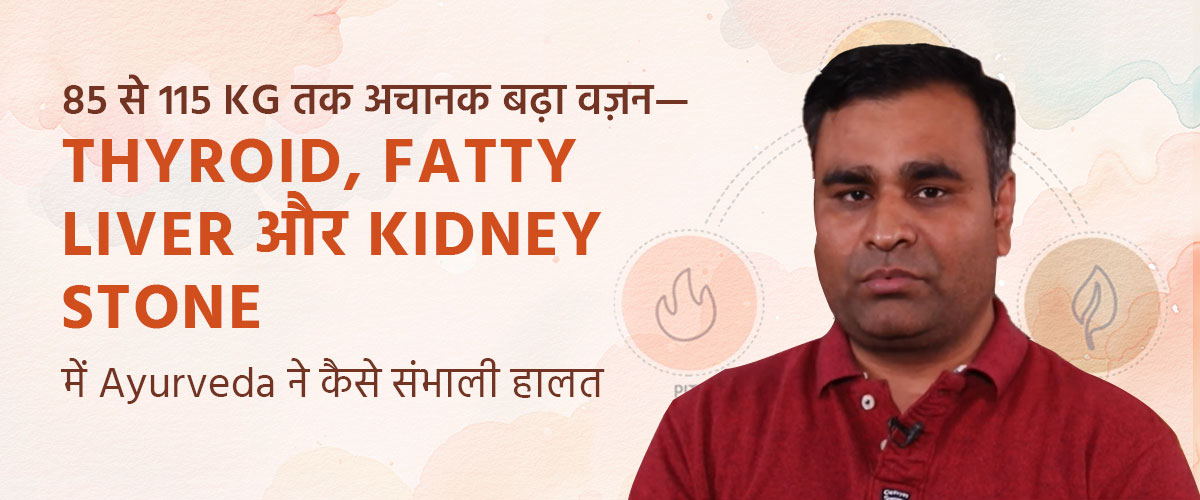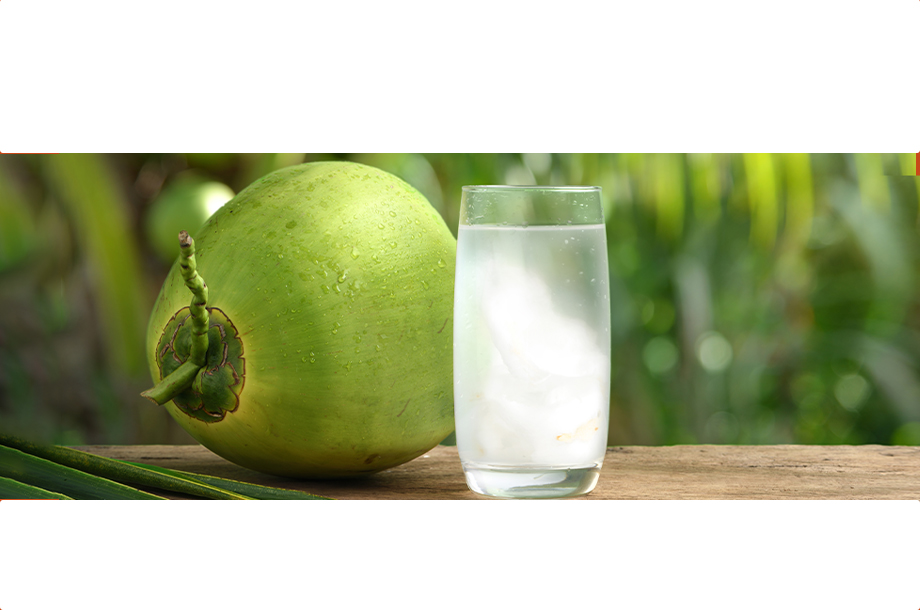While the rote-based system of learning is typically blamed for the cause of such limited thinking, the teacher explained that she and her colleagues have been addressing higher order thinking skills as part of their pedagogical practice—i.e., they have been asking questions that probe different levels of thought, getting them to apply knowledge, analyze problems from different angles, evaluate ideas, and so on (educators might recognize these elements from Bloom’s Taxonomy of Learning). So, she was perplexed as to why they were not demonstrating more dynamic thinking despite her concrete steps to cultivate it.
After further discussion, I touched on what I believed to be the root of the problem: that the children were not being provided with the ability to make authentic and meaningful choices in their learning process—rather, they were being paraded through their lives and through the school curriculum in a lockstep manner, and in turn, failing to develop key faculties required for critical thinking.
A direct and powerful connection exists between critical thinking and making choices. The logic goes something like this:
As each option arises, we must make a decision. Afterwards, we typically consider how effective that decision was. The more decisions we make (and the more we reflect on those decisions and their outcomes), the sharper our decision-making skills become. Each choice provides us with a practical experience that reinforces our understan-ding of the world and our beliefs, which in turn creates conceptual foundations – reference points on which we can base our further decisions. The more this happens, the more our self-confidence increases and the more our abstract thinking improves (we can take greater risks when we have terra firma beneath us).
For instance, a mother makes a meal for her child. He eats what is put in front of him with little thought about what went into it. However, imagine he were asked to make a few decisions about the menu: which things should be made and how they should be prepared. Now he has invested in the meal more deeply. He will more likely reflect about the preparation, and in evaluating it, will consider his own decisions in the process (e.g., I’m glad I told mom to put raisins in the rice—it gave it a nice flavor. I thought it would taste good and I was right. I will remind her to do so next time. And maybe next time, I could have her put some cashew nuts in it too, like I had in the biryani at the restaurant. That might also be good.).
For a moment, think about the choices we give children. For the most part, parents dominate the decision-making process—whether its what food is cooked, what movie the family will go and watch, the destination of a vacation, which clothes will be purchased, which stream or career the child will choose—most of these decisions are taken by parents with almost no input from children. Then consider school. What genuine options or choices are children given throughout their day regarding what they would like to learn or do? Everything has already been neatly charted out for them—and they are being spoon-fed to boot! Though we think we are educating them, it is more like we are having them play connect the dots or do coloring by numbers—tasks that require very low levels of cognitive ability. If you do this enough for too long, children acquire a type of learning dependency and helplessness. And if you ask them to think beyond the syllabus, or think about content in a different way, they will gaze back blankly.
My recommendation for solving this problem is to give children more options in their lives and educational paths. Whether it’s what will be watched on TV, managing pocket money, or deciding on which type of home-work they are going to do, they need to be given choices in all spheres of their lives. This is not to say that we hand over full authority to them. As parents and educators, our role is to present sets of relevant choices to our children that are appropriate for their age and level of maturity.
Because most teachers and parents are so used to taking all the decisions themselves, they might find it difficult to employ this practice. Many worry that the children will make mistakes. But what they need to consider is that making mistakes is essential for learning, as it is through success and failure that children get to test their hypotheses, and in turn strengthen their understanding of the world.
My suggestion to educators and parents is to do a quick check to see how many genuine options you give your children. Make a list of the types of choices you provide them. Then try new ways of increasing the number of options. Couple this with discussions around your children’s decisions, and you will see improvements not only in their ability to take decisions—but also in their ability to think creatively and critically.
































